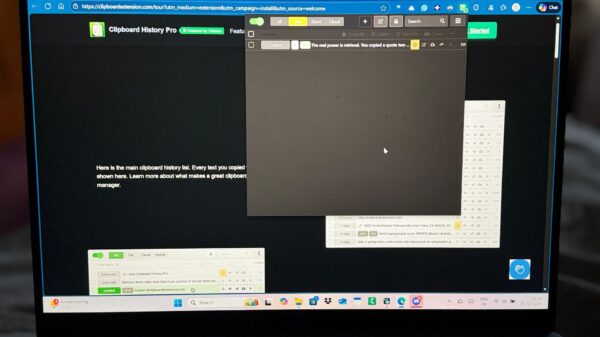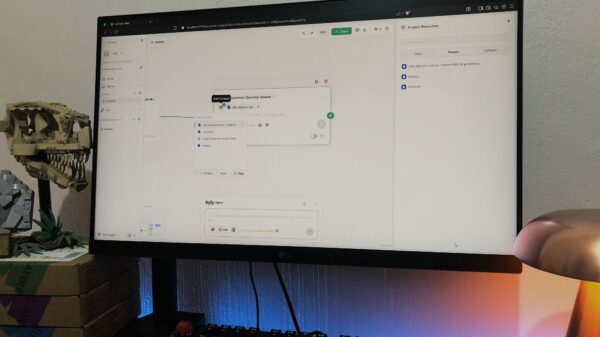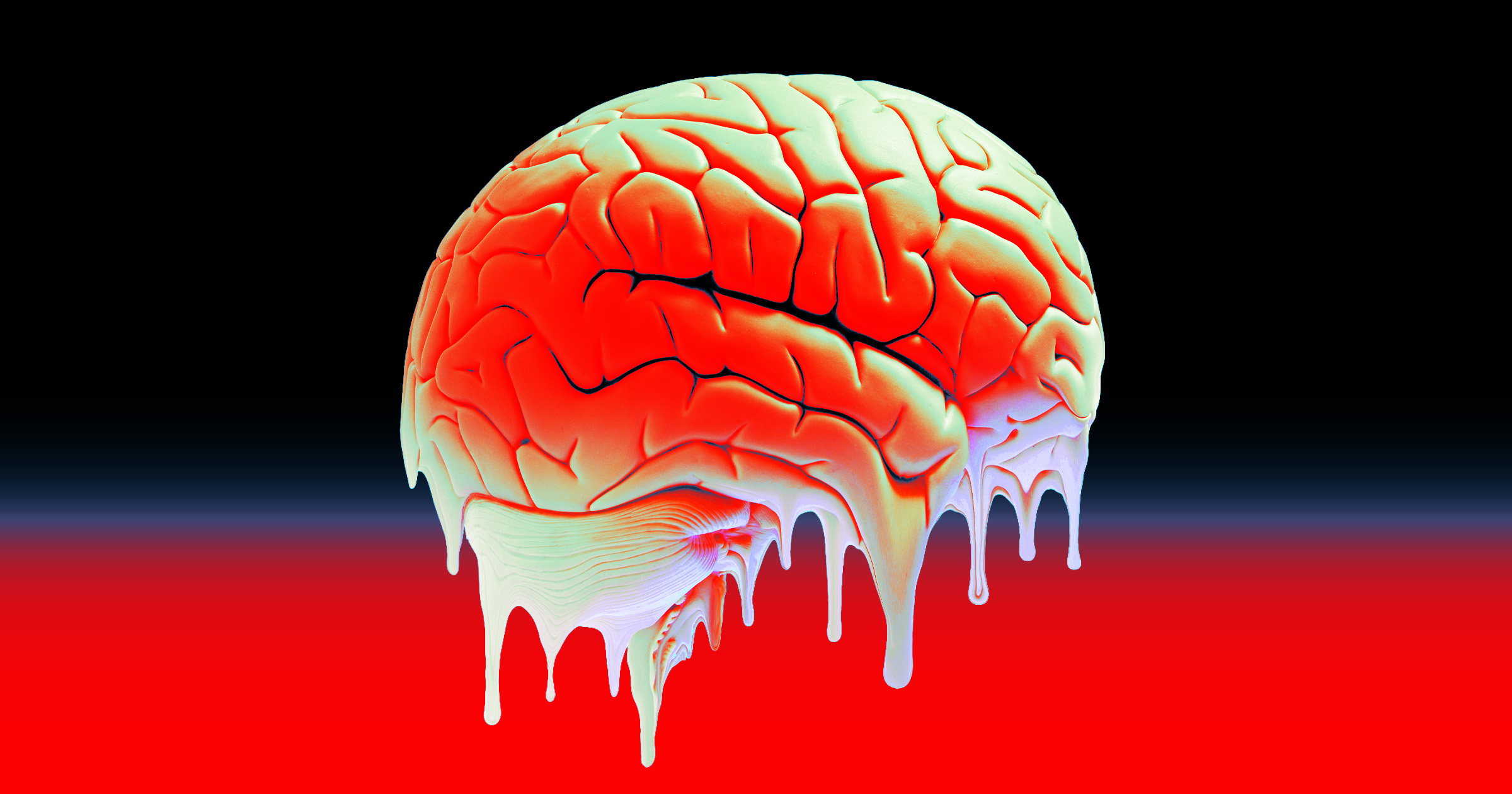Wikipedia has placed the page for “brain rot” under protection until January 2026 due to extensive vandalism. This decision reflects ongoing challenges the platform faces with unverified user edits, which can often lead to misleading or inappropriate content.
The term “brain rot,” as defined by Wikipedia, refers to the “negative cognitive, emotional, and/or behavioral consequences” resulting from exposure to low-quality content. Unfortunately, the page has become a target for numerous instances of defacement. For example, in February 2025, the entry was altered to include references to the viral phenomenon “Skibidi Toilet” and former U.S. President Donald Trump, alongside the phrase “Goofy ahh brainrot” repeated 96 times. Other edits included phrases like “ALL HAIL THE SKÎBÎDÎ TOÎLÊT” and claims that “BRAIN ROT WILL DESTROY THIS NEXT GENERATION.”
In August 2025, Wikipedia editors responded to the persistent vandalism by classifying the page as “semi-protected.” This designation prevents unregistered users and those with unverified accounts from making changes. The protection is set to remain in place until January 2026, allowing time for the Wikipedia community to address the ongoing issues.
Wikipedia has a long history of dealing with vandalism, dating back to its inception in 2001. The scope of these attacks varies widely, from clever pranks to outright offensive material. For instance, in 2021, Wikipedia volunteers swiftly corrected 53,000 pages that had been vandalized with swastikas, showcasing the community’s commitment to maintaining the integrity of the platform.
While the situation surrounding the “brain rot” page is a notable example of the challenges Wikipedia faces, it also highlights the resilience of its volunteer editors. Despite the ongoing defacement, the Wikipedia community is expected to restore the page to its original purpose, ensuring that it serves as a valuable resource for accurate information.
The implications of such vandalism extend beyond just one page. As digital literacy and content consumption habits evolve, discussions around the quality of information available online are becoming increasingly urgent. The persistent defacement of the “brain rot” page serves as a reminder of the need for critical engagement with the content we consume in the digital age.








































































